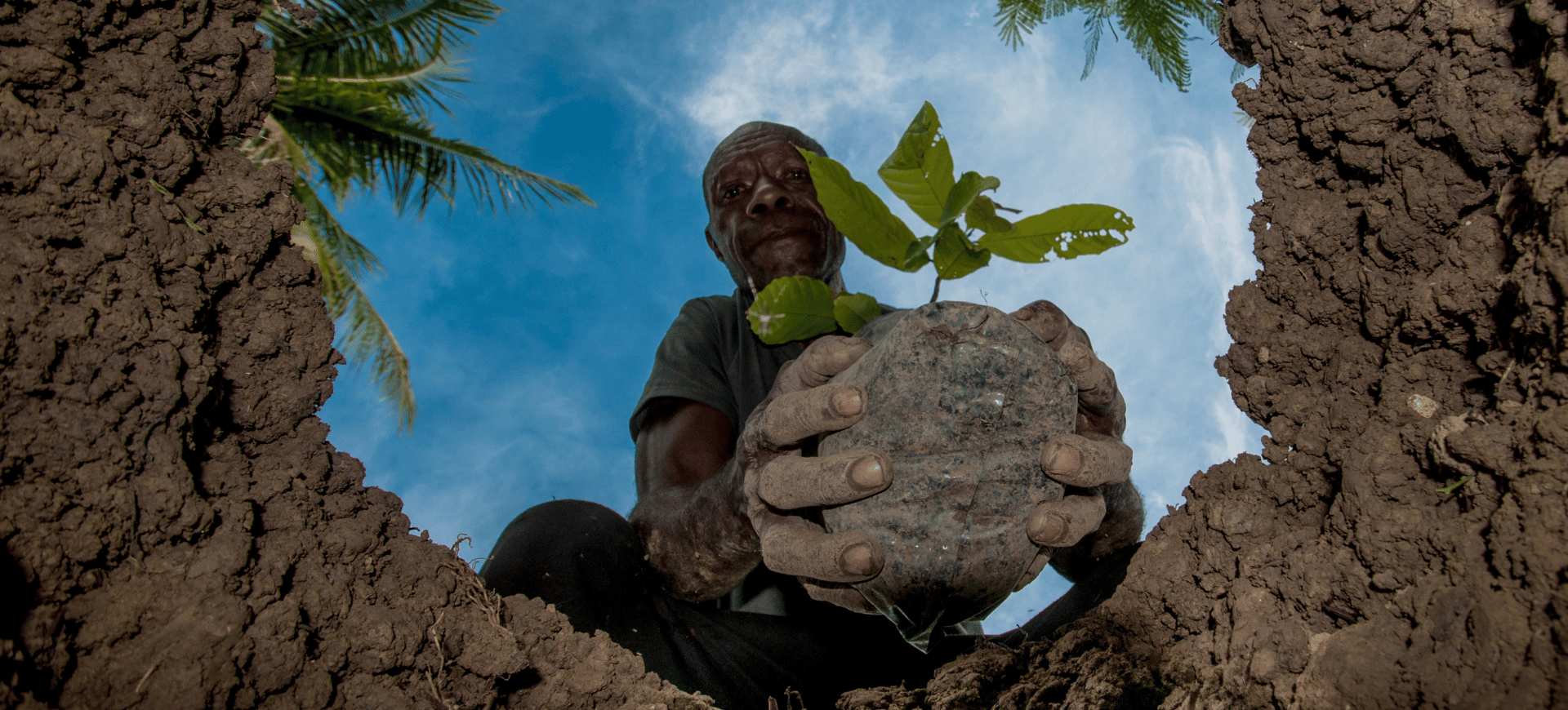It is time to amplify Indigenous voices
Given their stewardship over much of the world’s land and biodiversity, Indigenous peoples’ lack of self-determination has implications for tackling climate change and other vital issues. We must urgently take steps to advance their rights and well-being
Indigenous peoples have unique cultural knowledge and heritage and can play a vital role in positively influencing a sustainable world. Over 500 million Indigenous peoples live in approximately 90 countries across the globe. We care for about 20% of the Earth’s land and an even higher proportion of biodiversity. Our knowledge systems and well-being are entwined with our intimate relationship with the land developed over millennia.
Globalisation has had a devastating impact on the health and well-being of Indigenous peoples. The introduction of diseases, loss of access to lands and resources, massacres and human rights abuses, harmful policies and restricted access to essential social determinants of health have all contributed to catastrophic outcomes for Indigenous peoples, frequently reported as the worst in the world on just about every health indicator that can be measured. Addressing these worsening health inequities is essential to our survival.
Recentring indigenous voices
Despite the value and the urgent need, our voices have been frequently excluded from important health and global governance discussions. The United Nations Declaration on the Rights of Indigenous Peoples was belatedly developed in 2007, and its implementation has been slow and piecemeal. We are also seeing the erosion and increasing risks to these rights with increasing populist politics and autocratic governments. In May 2023 the 76th World Health Assembly approved a resolution aimed at addressing health challenges faced by Indigenous peoples worldwide, and we are waiting on outcomes from this.
There is an urgent need for more progress. In 2024 Indigenous voices were given a prominent role in the World Health Summit Regional Meeting in Melbourne. Indigenous voices were spread across the programme, and shared in a publication, Health: A political choice – Advancing Indigenous peoples’ rights and well-being, launched at the meeting. The meeting included two special sessions on climate change and artificial intelligence, and their respective impacts on Indigenous peoples. A key theme emerging from the session on climate change and the health of Indigenous peoples was the importance of creating space for Indigenous knowledge, and decolonising health and development. The lack of self-determination of Indigenous peoples has implications for addressing climate and planetary challenges. Building genuine relationships, working in collaboration and empowering locally led sustainable interventions with Indigenous peoples are crucial for working together on climate change and health.
The next full session, on ‘New and old knowledges: First Peoples’ health and artificial intelligence’, highlighted a real-life example of the positives of this intersection between health and technology, such as Kyle Turner’s app Pearlii, which has been able to increase access to health care where coverage may be inadequate. It also recognised the well-documented dangers of AI and our collective tension with its emerging use in all fields, including health. AI is already used to generate assumptions about the health of Indigenous and First Peoples, but due to its own limitations, it cannot be relied on to accurately represent or draw correct conclusions because the people who are encoding it are not representative and embed their own assumptions and biases into these programs. The consensus of the panel, in line with the international consensus, was that we urgently need to design effective regulatory and governance frameworks for AI. With respect to Indigenous health, we need to incorporate old ways and values systems and change our relationship with data, building our own data system to protect data from capitalist mining and create our own language models to minimise the biases being encoded into generative AI today.
In a plenary session, Marcia Langton outlined the importance of addressing the social and cultural determinants of health, and the impact on health outcomes. She shared insights into the health impacts of the failed 2023 Australian referendum to recognise Aboriginal and Torres Strait Islander people in the Australian constitution and spoke of the importance of building genuine relationships with Indigenous peoples and empowering communities to address health challenges.
James Ward, in a ‘big issues’ session on health and human rights, highlighted that there is a need to reinvigorate health as a human right because health outcomes have not improved for the most marginalised in our world. He reiterated that the failure of the referendum exemplifies many of the human rights issues affecting Aboriginal and Torres Strait Islander peoples. He talked about the risks to Indigenous peoples from restriction and destruction of lands, marginalisation and poor living standards, intergenerational trauma and structural racism – all of which have implications for human rights.
For the people and the planet
There are important key steps to be taken now to advance Indigenous rights and well-being. These include ensuring strong Indigenous voices at all future meetings, including the UN-hosted Summit of the Future in September 2024. Indigenous voices need to be part of all discussions regarding achieving the Sustainable Development Goals. The action plan from the 76th World Health Assembly resolution needs to be developed and implemented in full. It is time for hearing our voices and for realising the aspirations of the United Nations Declaration on the Rights of Indigenous Peoples, to ensure our rights, dignity and survival, for our well-being and for the well-being of the planet.












